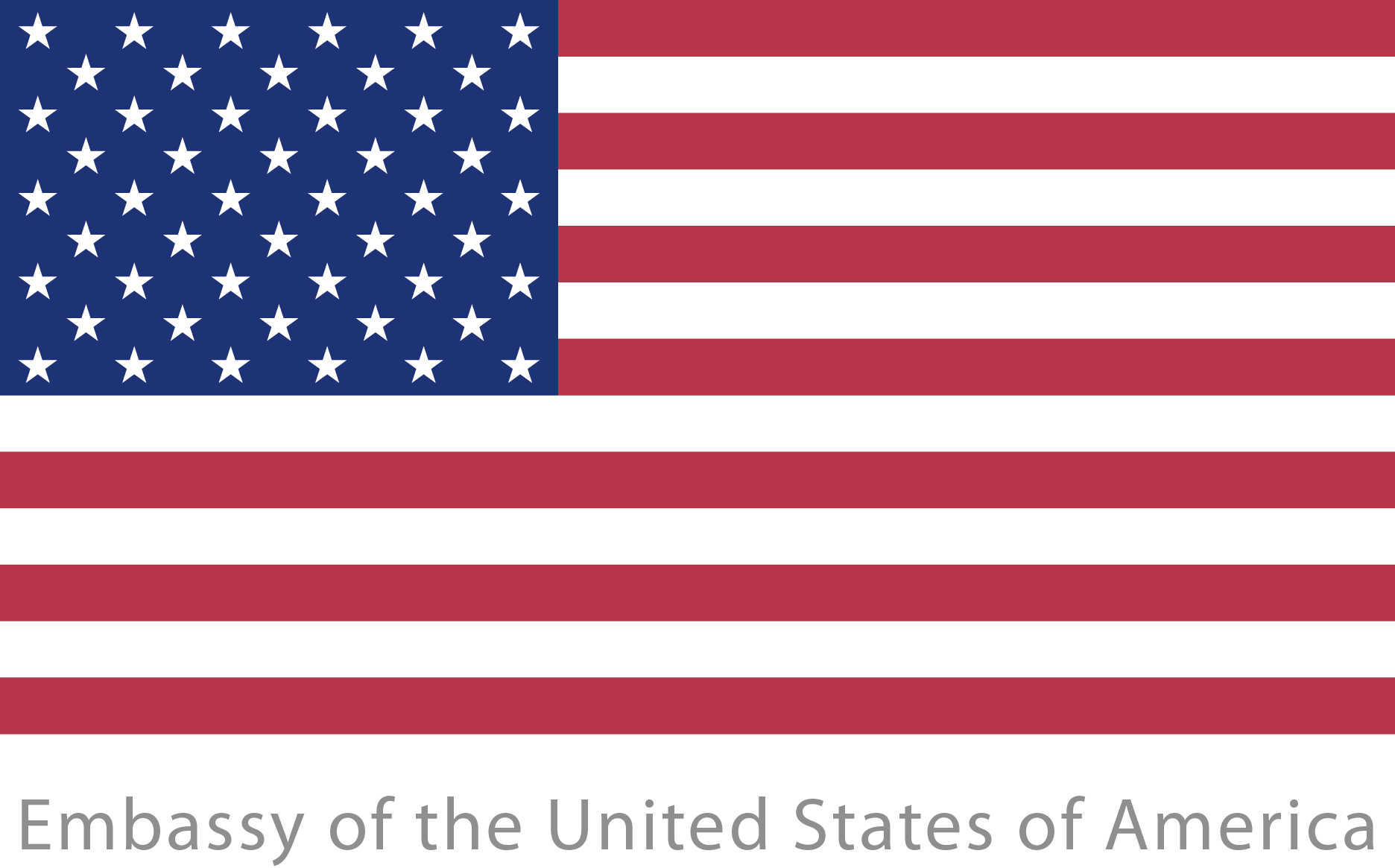Germany’s Missile Defense Plans: European Ambition and the Russian Missile Threat
Panelists:
Dr. Jeffrey Lewis, Middlebury Institute of International Studies at Monterey
Dr. Frank Sauer, University of the Bundeswehr Munich
Ms. Lydia Wachs, Stockholm University
Moderated by:
Mr. Jeff Rathke, AGI President
The Russian invasion of Ukraine has sparked a revolution in German security and defense policy and rekindled German ambitions to play a leading role in European defense, with dramatic increases in investment to recapitalize the Bundeswehr. One crucial aspect of the new German approach is air and missile defense, the importance of which is demonstrated by the intensity of Russian attacks on Ukraine, as well as the effectiveness of Western air defense systems that Ukraine is using to combat this threat. Germany’s intention to spend more than €5 billion from its special defense fund (the €100 billion “Sondervermögen” approved by the Bundestag in 2022) is an indicator of the importance Berlin accords to missile defense. Germany has also taken on a leadership role more broadly in Europe, launching the European Sky Shield initiative, with at least 17 European countries signing letters of intent under the initiative.
Germany’s national plans for missile defense include several layered systems, such as the medium-range German IRIS-T system and the long-range U.S. PATRIOT system. In addition, Germany intends to procure the Israeli-U.S. Arrow 3 exoatmospheric missile defense system at a cost of roughly €4 billion. Berlin’s plans have prompted questions about the threat the layered missile defense system is meant to counter, the degree to which it will be integrated into NATO’s Integrated Air and Missile Defense system, European Union objectives, and the value proposition of defensive versus offensive capabilities.
Event Summary
After the Cold War, defense spending and investment in the military were not priorities in German politics. Russia’s attack on Ukraine, however, has abruptly changed this attitude. The Zeitenwende (turning point) is the reorientation of German foreign and security policy. This includes Germany’s first National Security Strategy and a special fund of €100 billion for the German Bundeswehr.
This special fund will finance the European Sky Shield Initiative. Through this initiative, Germany aims to strengthen European air and missile defense and secure a leading role for itself in European defense policy. Eighteen states have joined the German initiative. It is pursuing a multi-layered approach that focuses primarily on ground-based air defense which can be integrated into NATO’s Integrated Air and Missile Defense (IAMD). Germany would like to procure systems with four different levels of interception:
- For the short range, Germany will acquire the Close Air Defense System (LVS NNbS), which consists of a turret that is mounted on an armored fighting vehicle and equipped with a radar, a cannon, and missiles.
- For the short to medium range, the Bundeswehr will procure the IRIS-T SLM system, which can be used to defend not only against helicopters and aircraft but also cruise missiles.
- For the long range, the U.S. Patriot system is already being used by some European armed forces, including the Bundeswehr. Germany wants to procure new munitions and replenish existing stocks.
- In addition to these three systems, adapted to the different ranges, Germany plans to introduce a further system for the very long range. Germany intends to procure the Arrow-3 system, which was developed by Israel and the United States and has so far been only used in Israel.
The decision to spend €4 billion on the Arrow-3 system has sparked controversy among experts. Arrow-3 is a mobile ground-based missile defense system used to intercept medium- and intermediate-range ballistic missiles outside the atmosphere.
It is questionable whether Russia possesses such weapons. Arguably, the only Russian system that falls into this category is the Kinzhal aeroballistic missile. In Ukraine, however, the Patriot system has proved capable of intercepting Kinzhal. The RS-26 Rubezh ballistic missile, which could fall into the intermediate-range category and thus be a potential target for Arrow-3, has not been produced in Russia for years and it seems unlikely that production will resume. Consequently, there is no active threat that could be countered with the Arrow-3 system. Moreover, the procurement of Arrow-3 could create points of friction within NATO’s existing missile defense policy toward Russia.
Due to the insufficient military equipment of Germany and many other European countries, investments in military equipment have to be made. However, in view of the current tense security situation and Europe’s poor resources, it does not seem to be reasonable to spend such a large sum on a very limited defense system.
Since Arrow-3 is not a military strategic decision, the question is whether the investment is politically motivated. Several factors have to be taken into account:
- First, it must be kept in mind that decisions on military spending should also receive approval from the public.
- The German public is pacifist, which makes it easier to justify spending on defense measures than on the acquisition of offensive weapons.
- In addition, there is little knowledge among German citizens about how well-equipped the Bundeswehr is in terms of defense systems.
Furthermore, from whom the Arrow-3 system is purchased is also crucial:
- Not only within the EU, reactions to a purchase from Israel are more positive than if the Arrow-3 system was an American product. It can also be assumed that Russia has not reacted to the Arrow-3 sale because it prefers a contract between Germany and Israel to one with the United States.
- The special bilateral connection between Germany and Israel must be taken into account. Recent events involving changes to the judicial system have cast a shadow over the relationship between the two countries. The Arrow-3 sale will be Israel’s largest-ever foreign military sale and has been supported by the Netanyahu government.
In conclusion, the decision to invest money in the Arrow-3 system was probably more politically than strategically motivated. It will be interesting to see how the European Sky Shield Initiative develops and whether it leads to an improvement of air and missile defense in Europe and secures Germany a central role in European defense.
This webinar is supported by the United States diplomatic mission in Germany.








